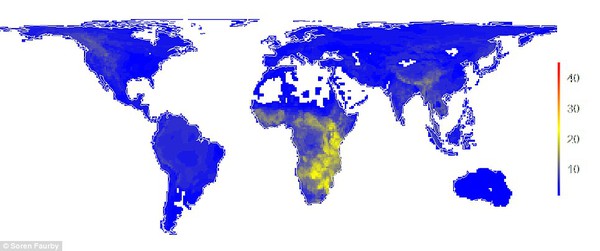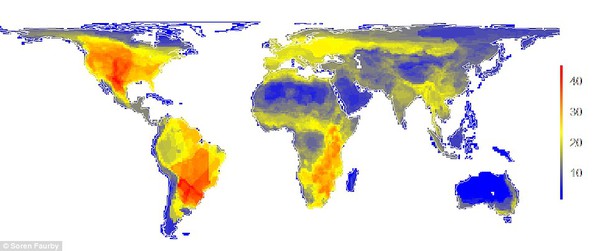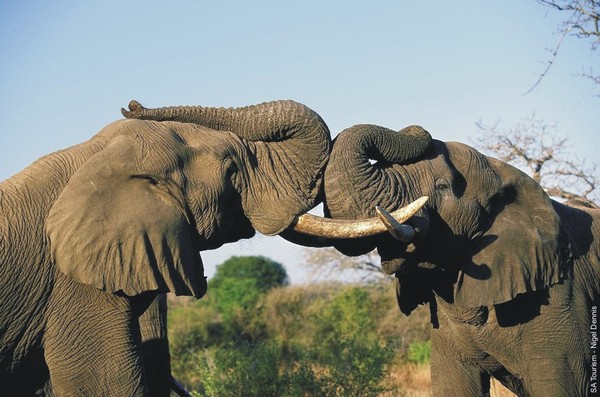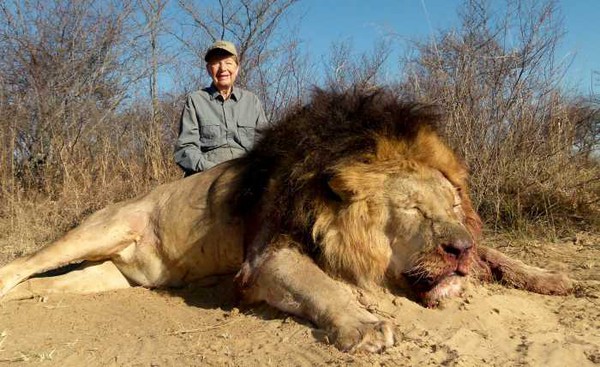Without the destruction of humanity’s nature, Earth would have been very different from now.
According to a recent study in Denmark, without the human appearance, Earth would look like an enlarged version of Africa.
As a result, if the ecosystem on Earth is not destroyed, much of Europe will be home to wolves, grizzly bears, moose and elephants.
Moose, one of the most endangered animals today
The land will be inundated with the Serengeti ecosystem – a grassland ecosystem on African territory – which includes many species of mammals and will spread around the world without the domination of humans.
Professor Jens-Christian from Aarhus University said: “Northern Europe is one of the regions where biodiversity is being destroyed by humanity. Almost every place in the world has a huge deficit in the number of animals compared to what it would have been if they had grown naturally.


The map shows that Africa is currently the only place where there is a natural diversity of animals. And that’s what would happen if the humans didn’t show up
According to Dr Soren Faurby, most hunts today take place in Africa. However, in fact, the state of Texas (USA) or northern Argentina, southern Brazil – has a greater number of animals living in the wild.
However, he said: “Most hunting trips are aimed at Africa not because of the diversity of mammals there, but because it is home to many large animals – the hunting target of Africa. species. people”.

Africa is almost the only place where large animals live
According to Canadian scientists, human consumption of fish is up to 14 times that of predators in the wild.
On earth, humans hunt large animals such as bears, wolves, and lions at speeds nine times faster than in nature.

According to Professor Chris Darimont of the University of Victoria (Canada), humans have “hunted” in a destructive way. We not only capture an adult, but also destroy many young people. As a result, countless species of flora and fauna have disappeared.
Further, Dr Faurby said: “Mountainous regions have greater biodiversity because they have rich habitats, becoming a refuge for many animals from the indiscriminate hunting of humans. . Grizzly bears in Europe today, for example, only appear in the mountains because the lower areas are too dangerous.


